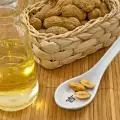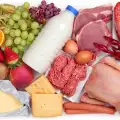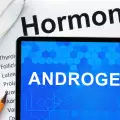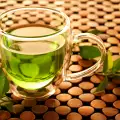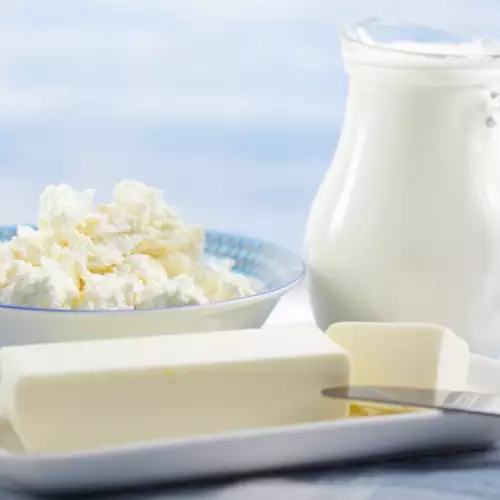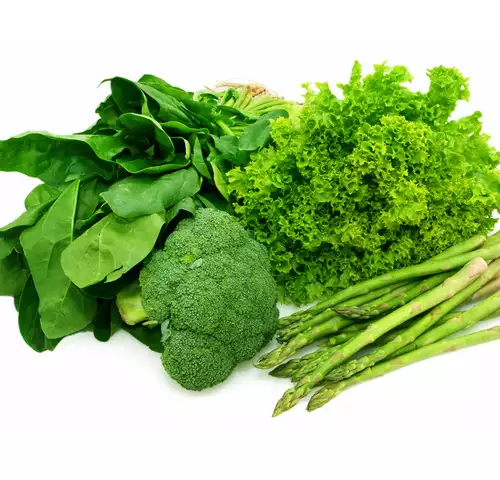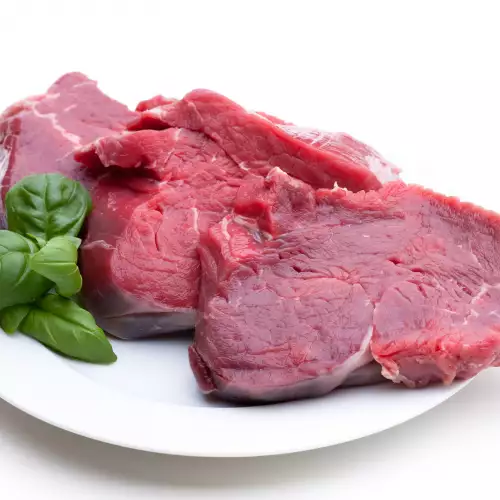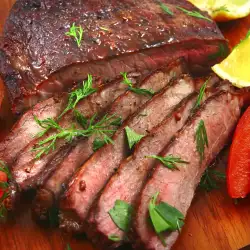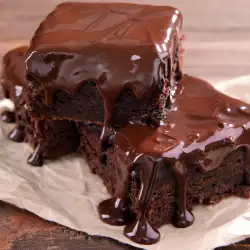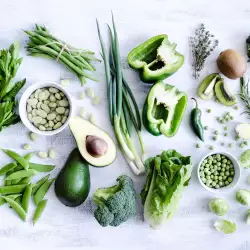
Facebook
Favorites
Twitter
Pinterest
 Pectin
Pectin17 Jan.
 Iodine
Iodine07 Dec.
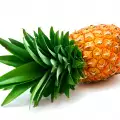 Enzymes
Enzymes07 Dec.
 Chromium
Chromium07 Dec.
 Carbohydrates
Carbohydrates07 Dec.
 Proteins
Proteins07 Dec.
 Carotenoids
Carotenoids03 Dec.
 Zinc
Zinc03 Dec.
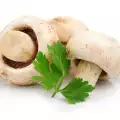 Potassium
Potassium02 Dec.
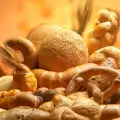 Gluten
Gluten27 Nov.
Forum
- What quick desserts do you prepare?22 Nov.
- Bacteria on cutting boards?22 Nov.
- How do you most often cook potatoes?22 Nov.
- In what dishes do you use soy sauce?22 Nov.
- What coffee do you drink? Recommend quality coffee22 Nov.
- Do you use bay leaf and what dishes do you add it to?22 Nov.
- Do you like beets and what do you prepare with them?22 Nov.
- Have you tried Bulletproof Coffee?22 Nov.
- How to make sourdough bread?22 Nov.
- When should we let the kids in the kitchen?22 Nov.
Our Recipe Categories

9 211
Recipes
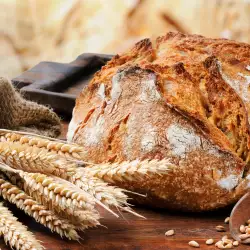
5 777
Other
